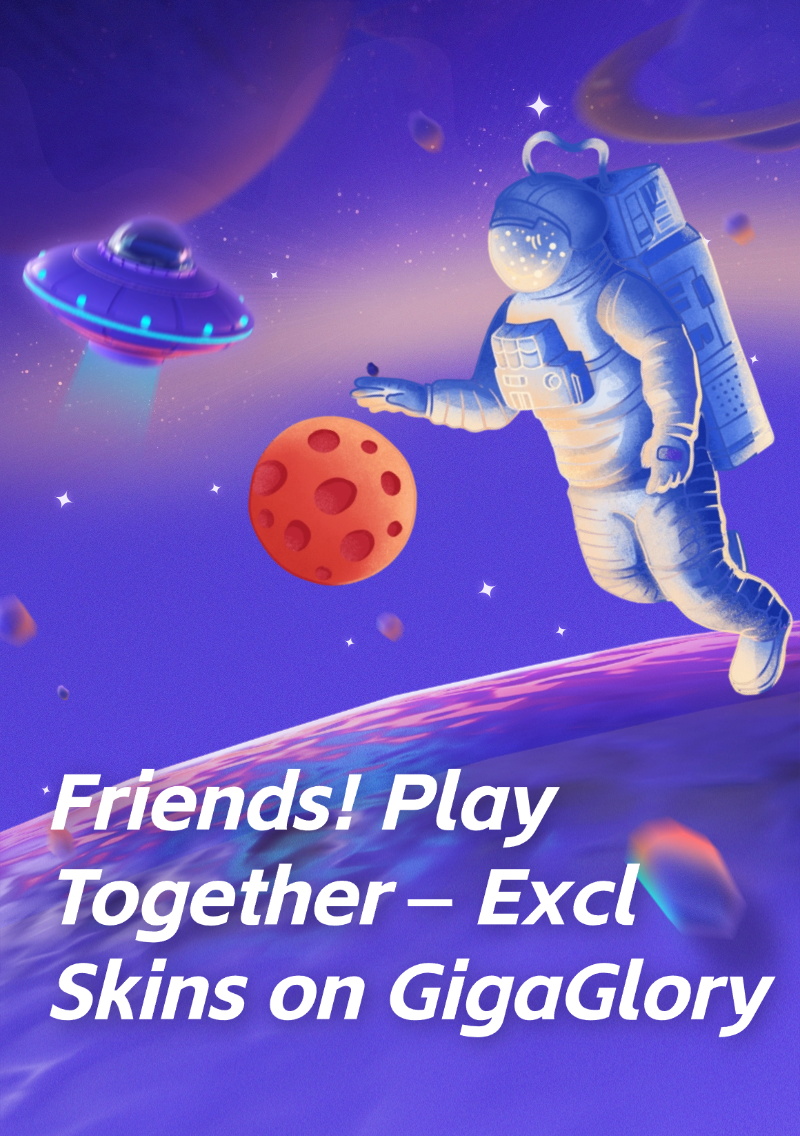Unlocking Knowledge: How Multiplayer Educational Games Enhance Learning Through Fun
The world of education is evolving, and the integration of technology has never been more apparent. Multiplayer educational games are paving the way for an innovative approach to learning. These tools not only engage students but also enhance their understanding of complex subjects through interactive gameplay. In this article, we will explore how multiplayer games, particularly educational ones, contribute to a fun-filled learning experience.
The Power of Multiplayer Educational Games
Multiplayer games have a unique ability to foster teamwork, communication, and critical thinking skills. Here are five key points about their impact on learning:
- Collaboration: Players must work together to achieve common goals, which boosts social skills and encourages cooperative learning.
- Engagement: The competitive nature of these games captivates students, leading to prolonged interest in the subject matter.
- Instant Feedback: Players receive real-time feedback, allowing them to understand their errors and improve quickly.
- Multisensory Learning: The combination of sight, sound, and movement in games aids memory retention and understanding.
- Adaptability: These games often adapt to different learning speeds, ensuring that all players can progress at their own pace.
FIFA 18 Career Mode Play Match Crashes: A Case Study in Engagement
One example of educational value in multiplayer gaming can be seen in sports simulations like FIFA 18. While this game primarily serves entertainment purposes, elements of the career mode are quite educational as well, including financial management and strategic decision-making. Unfortunately, many players experience crashes during match play, leading to frustration.
However, such challenges in gameplay can provide valuable lessons in perseverance and troubleshooting. Players learn to analyze the reasons for the crashes and adapt their strategies, thus fostering critical thinking and problem-solving skills.
Table: Benefits of Multiplayer Educational Games
| Benefit | Description |
|---|---|
| Entertainment | Students enjoy learning while playing, making education a fun experience. |
| Skill Development | Enhances problem-solving, teamwork, and analytical skills. |
| Increased Motivation | Gamification keeps students engaged and motivated to learn more. |
| Flexibility | Game designs can cater to different learning styles and needs. |
Delta Force: A Glimpse into Gaming for Learning
Another noteworthy example of educational gaming is seen in military simulation games like Delta Force. While these may not be traditional educational games, they offer unique opportunities for learning about strategy, tactics, and teamwork. Players must navigate complex scenarios that require quick thinking and strategic planning, skills that can translate well into educational contexts.
Pictures and visuals within these games also serve as powerful teaching tools. They allow learners to visualize concepts that may otherwise be abstract, making them more concrete and understandable.
FAQs
Q: How do multiplayer games promote social skills?
A: By requiring players to communicate and collaborate, these games enhance teamwork and social interaction.
Q: Can educational games really improve academic performance?
A: Yes, many studies show a correlation between gameplay and improved critical thinking, problem-solving skills, and academic results.
Q: Are there specific multiplayer games for educational purposes?
A: Absolutely! Many games, including Minecraft: Education Edition, Kerbal Space Program, and others, are designed specifically with educational goals in mind.
Conclusion
Incorporating multiplayer educational games into learning environments unlocks a plethora of opportunities for student engagement and skill development. These games not only make learning entertaining but also prepare students for real-world challenges. As we continue to embrace technological advancements in education, the potential of multiplayer games remains an exciting frontier worth exploring.



